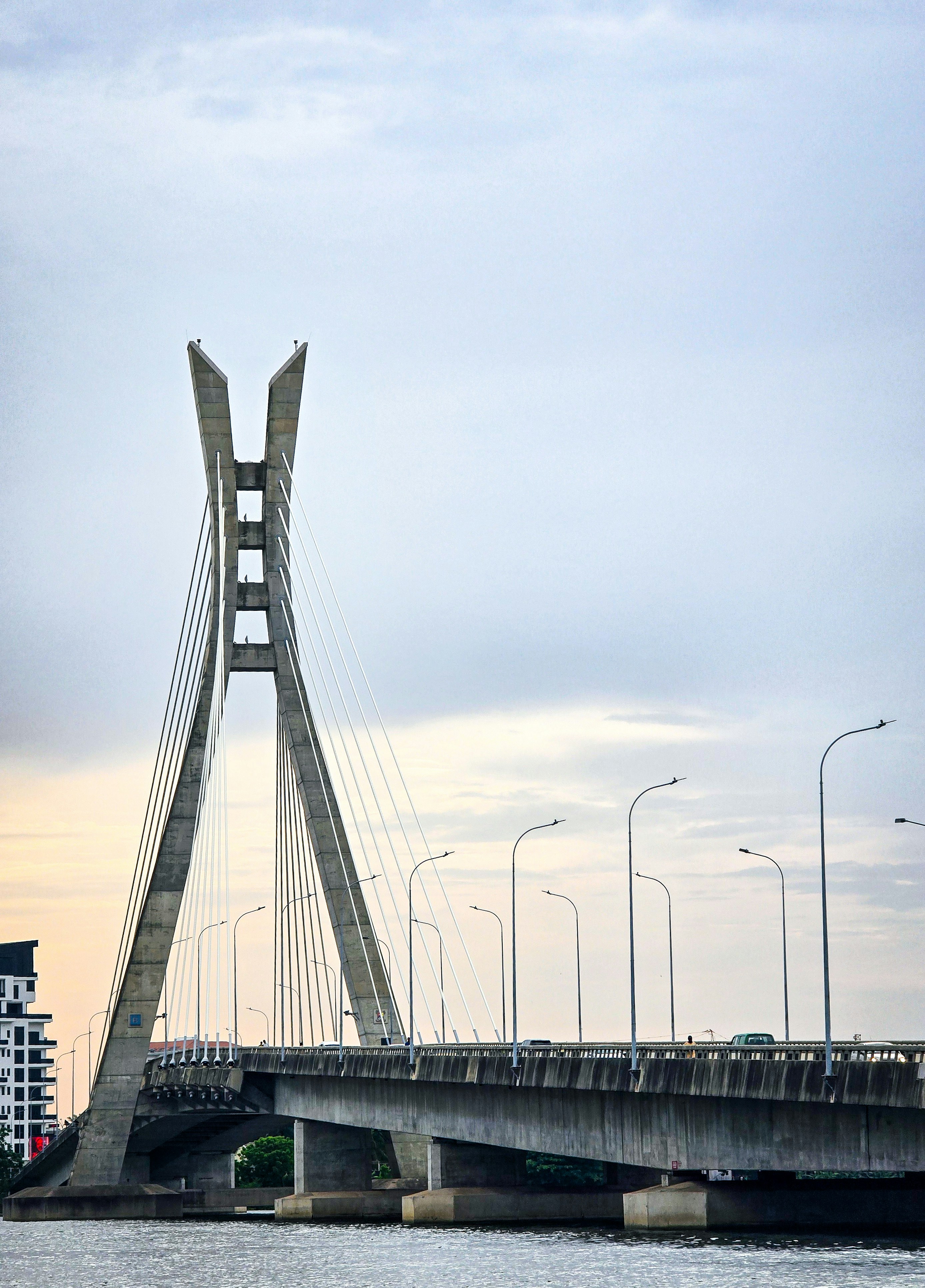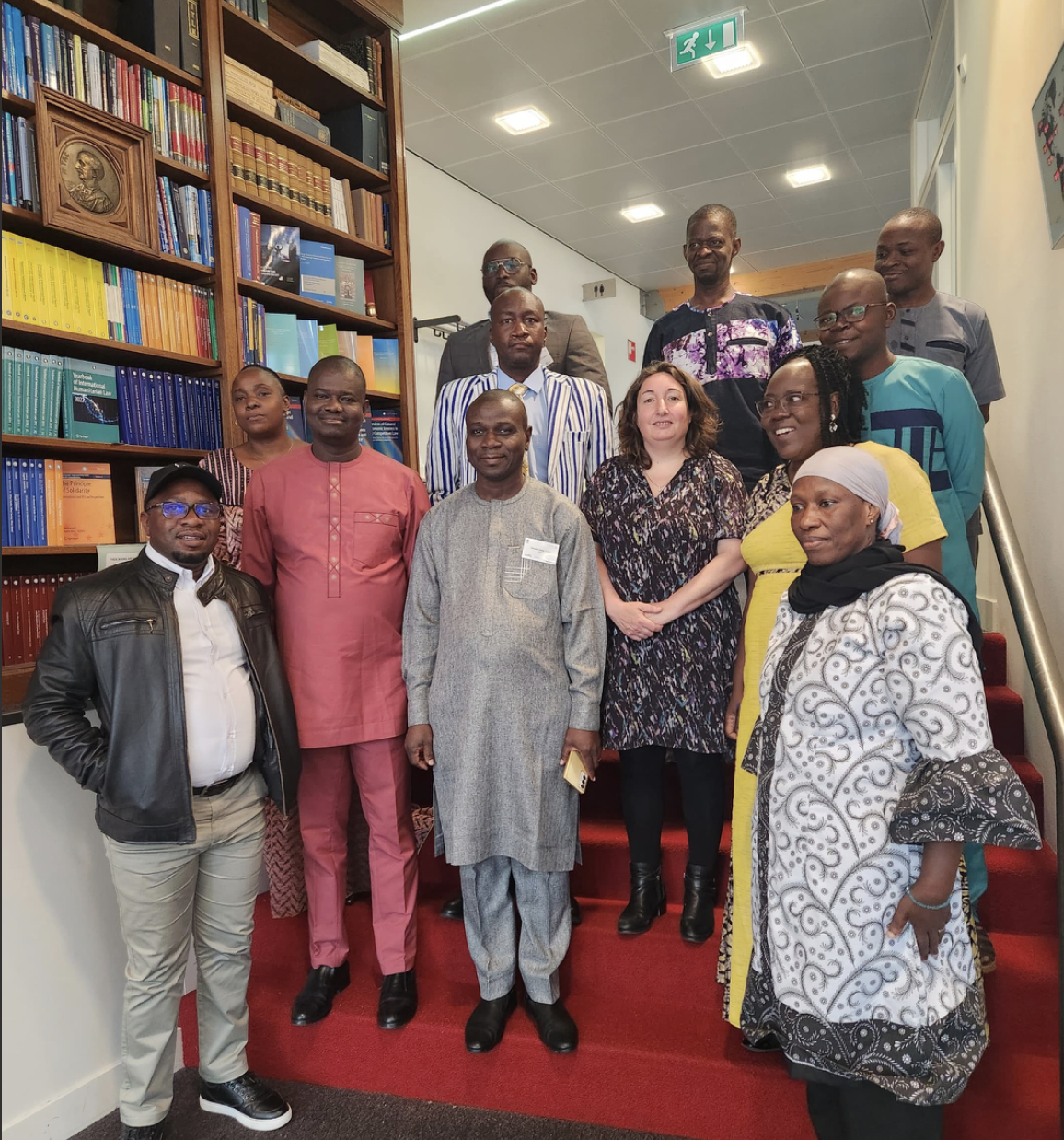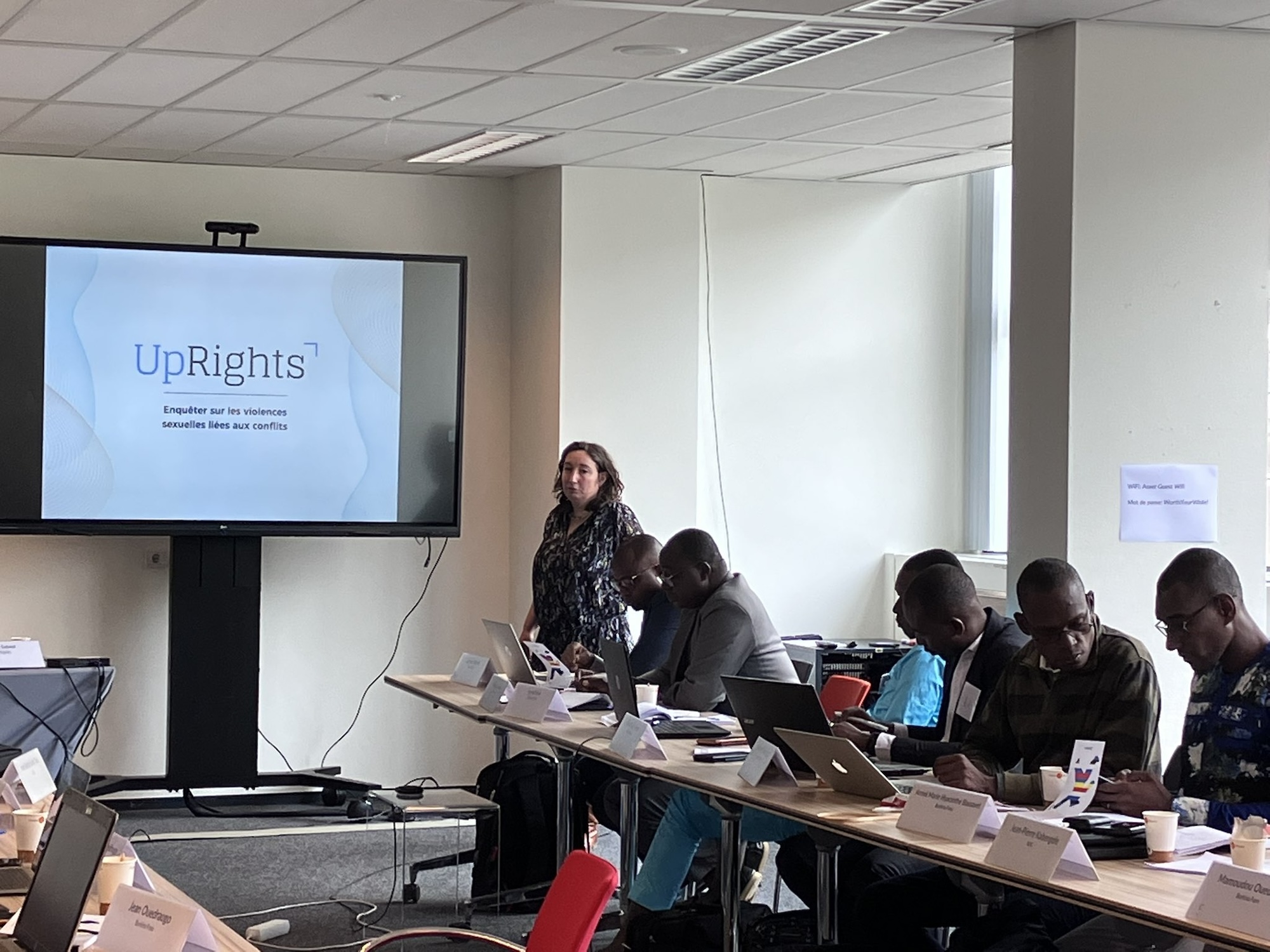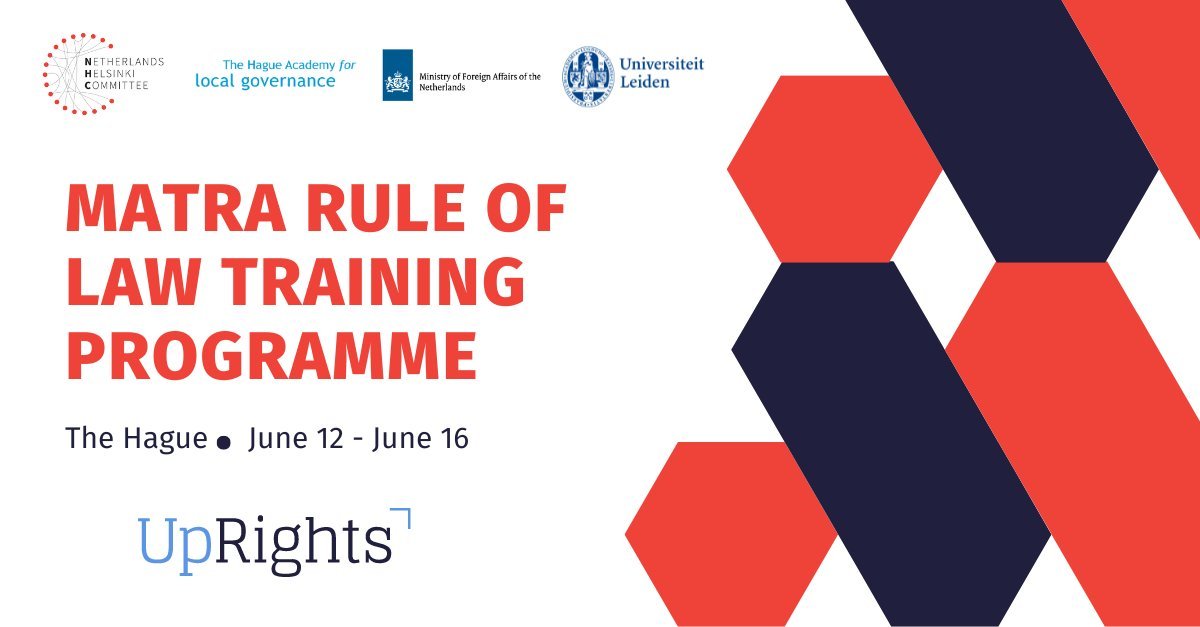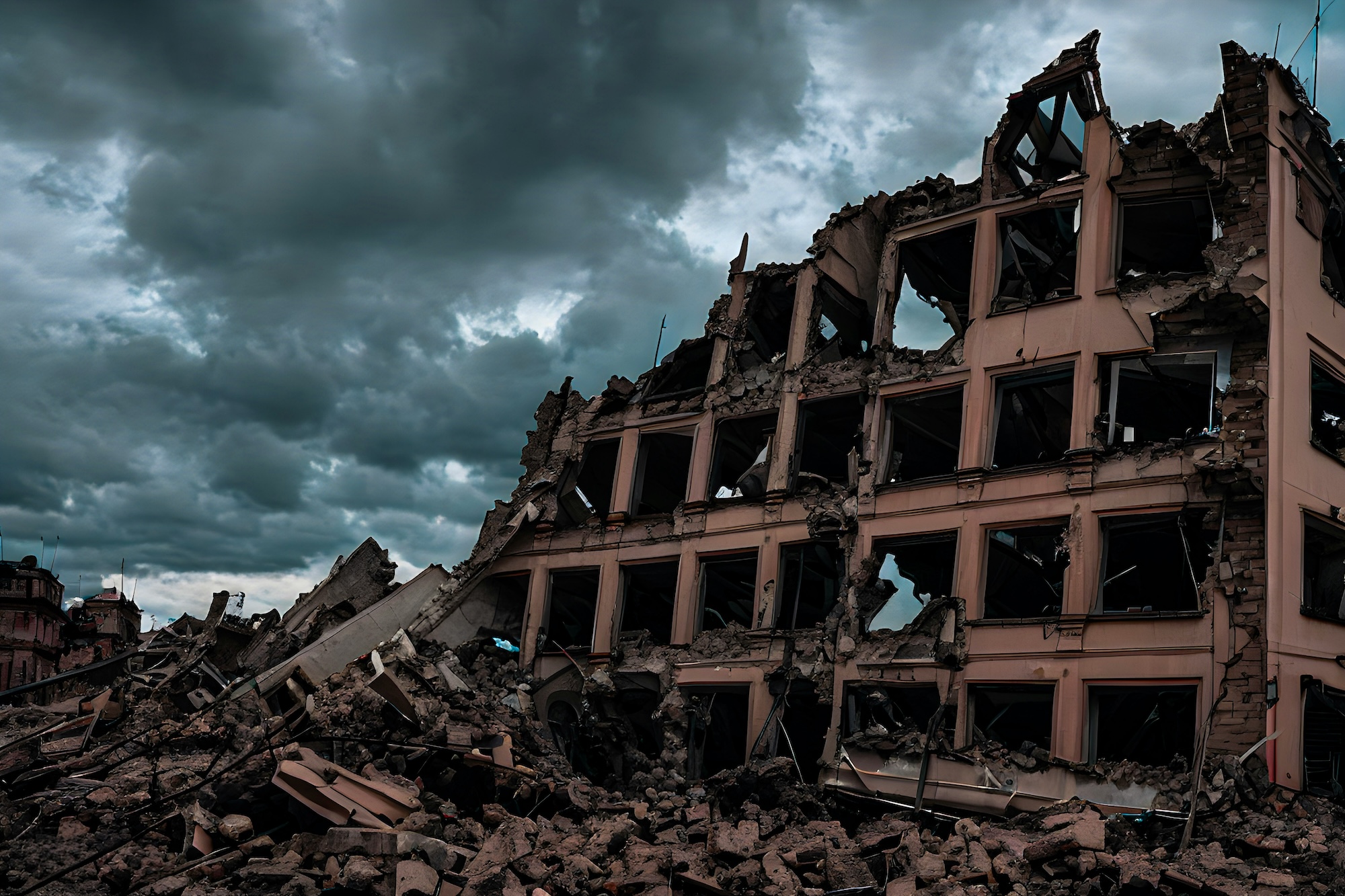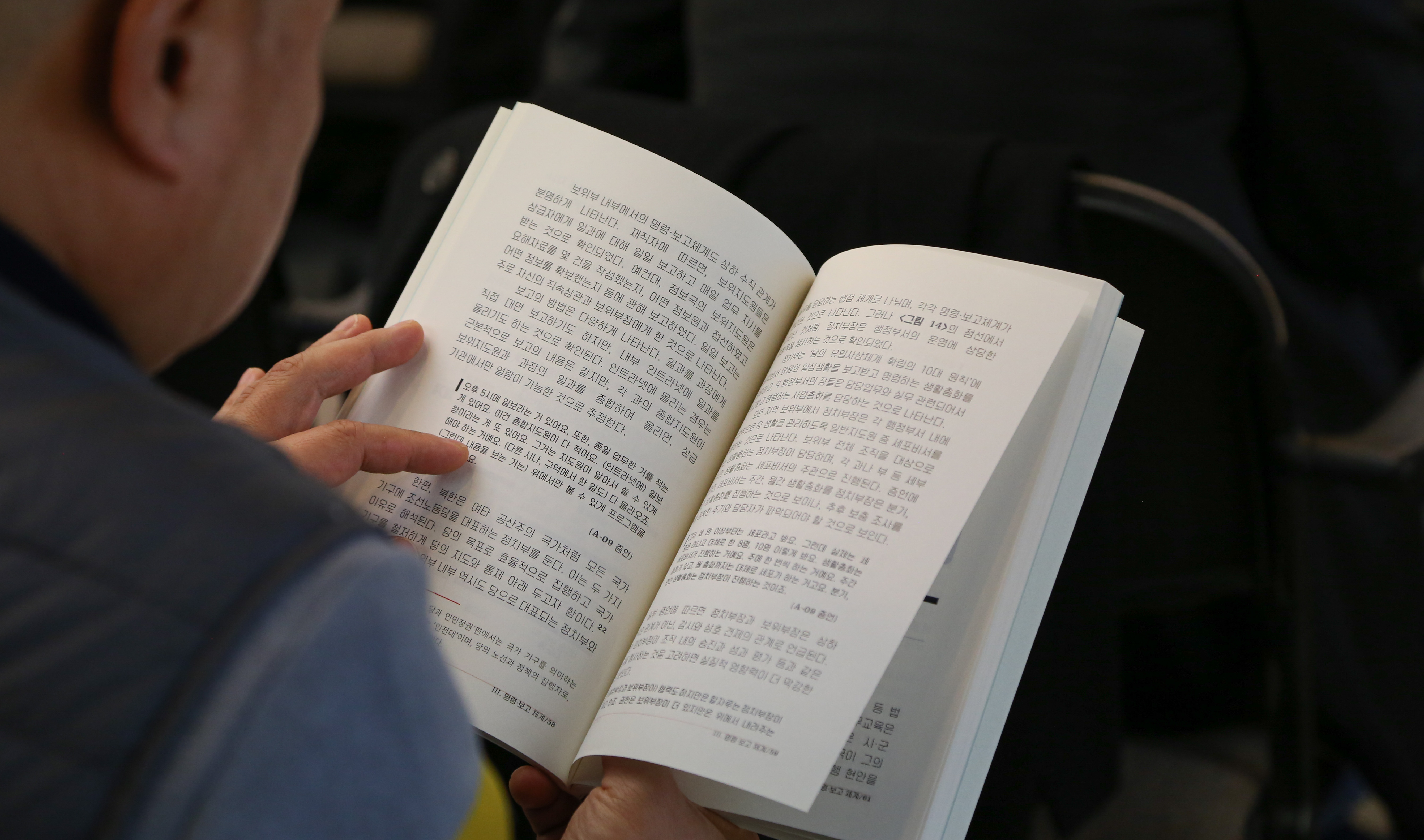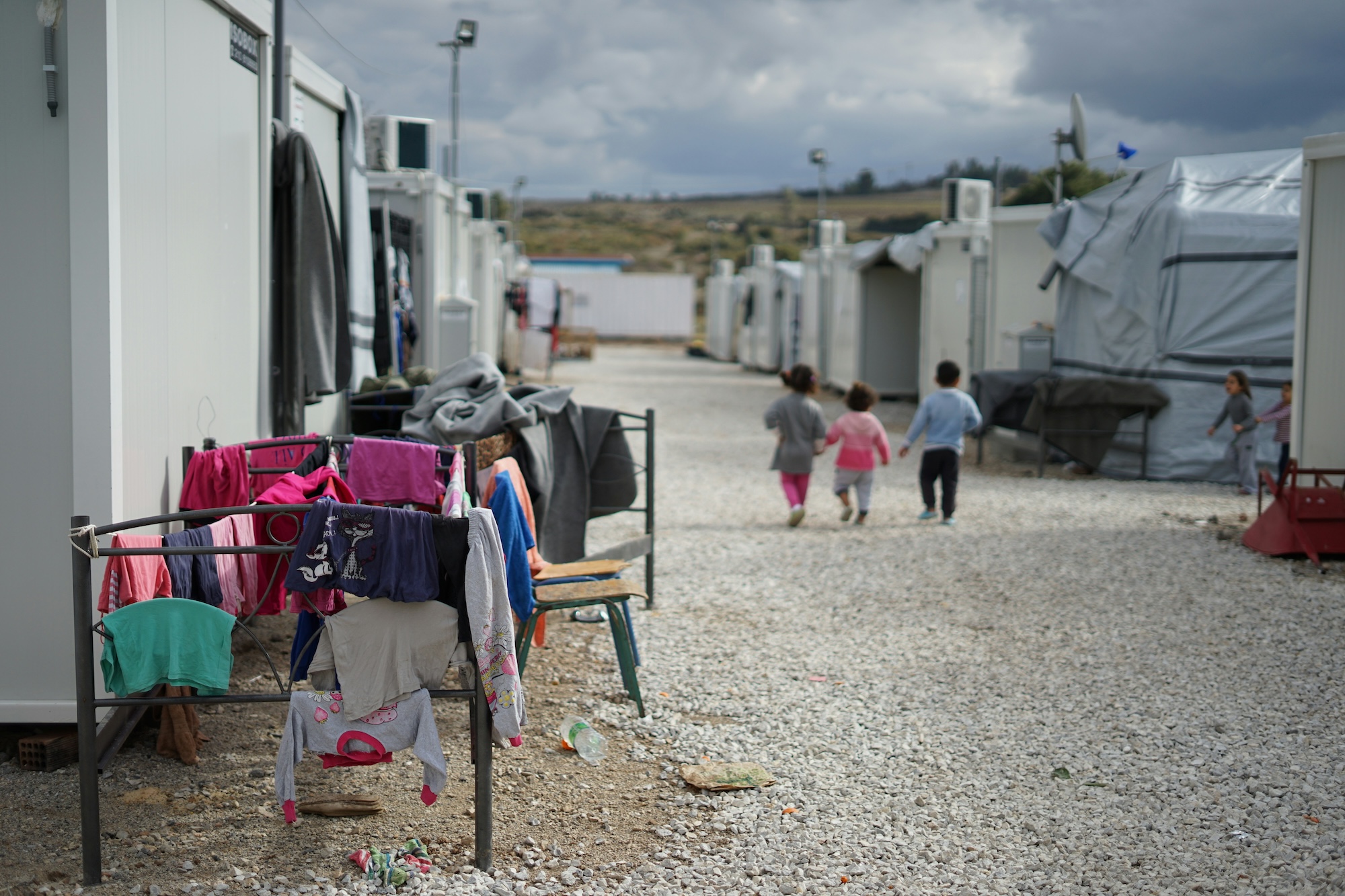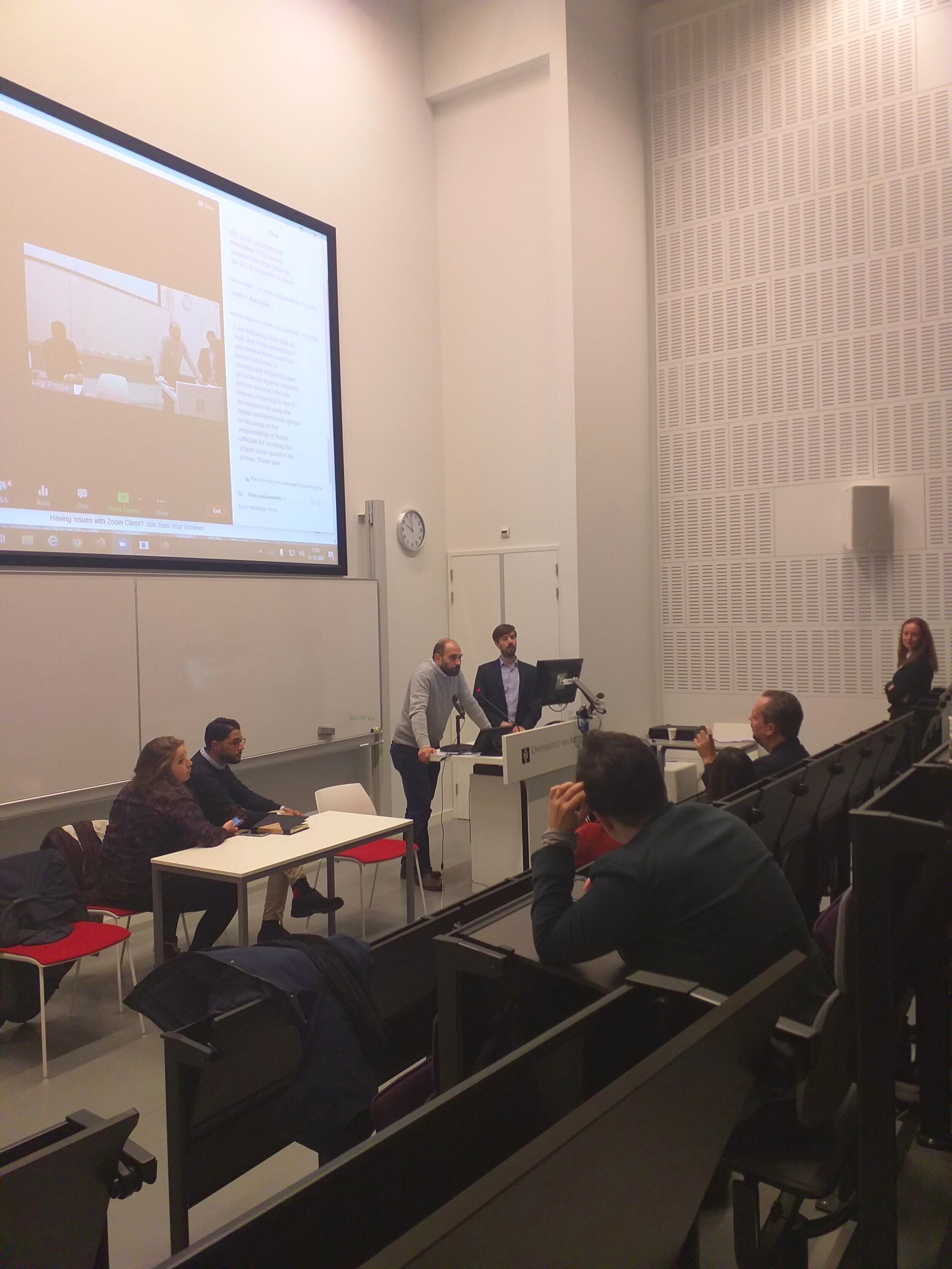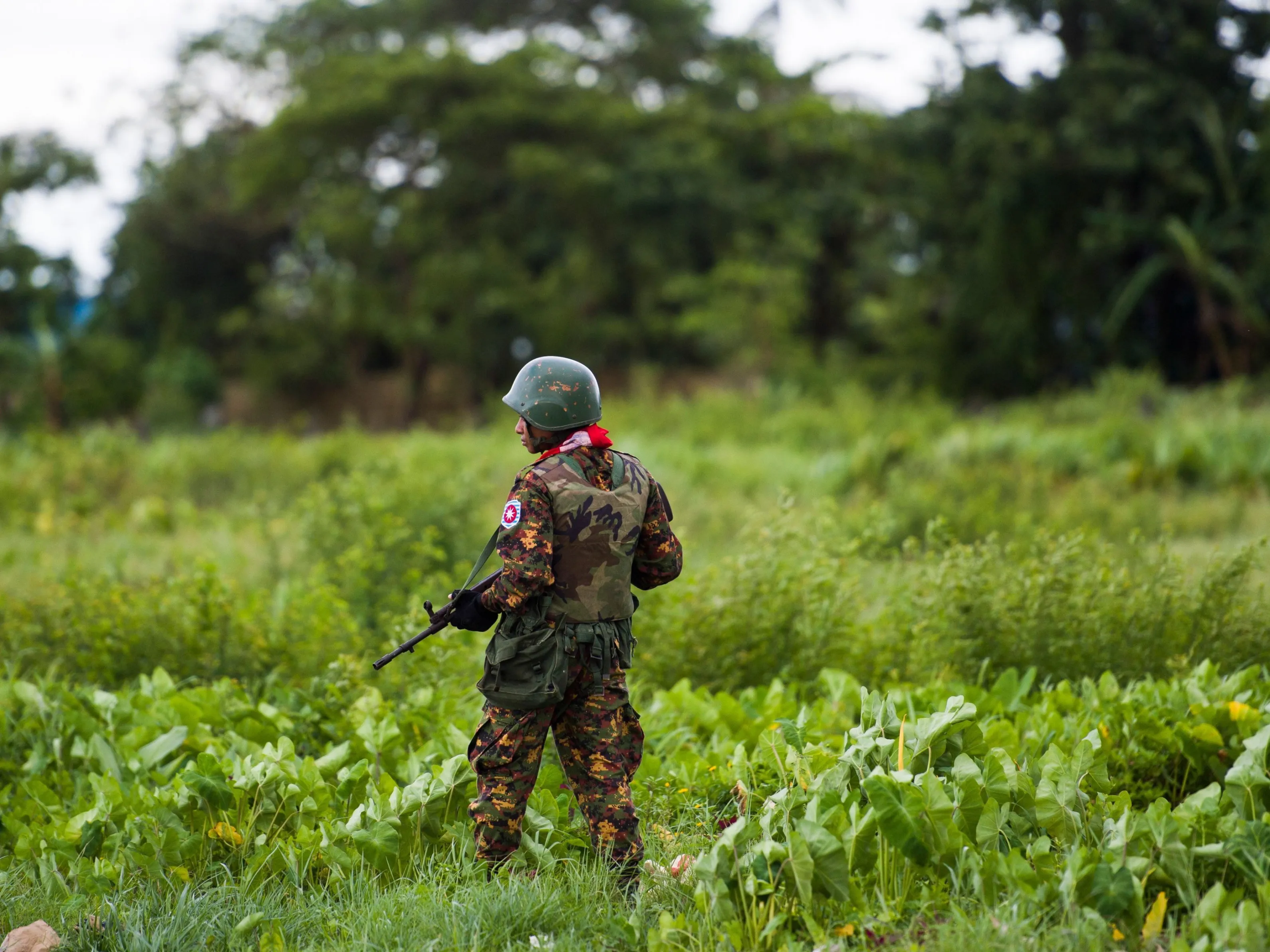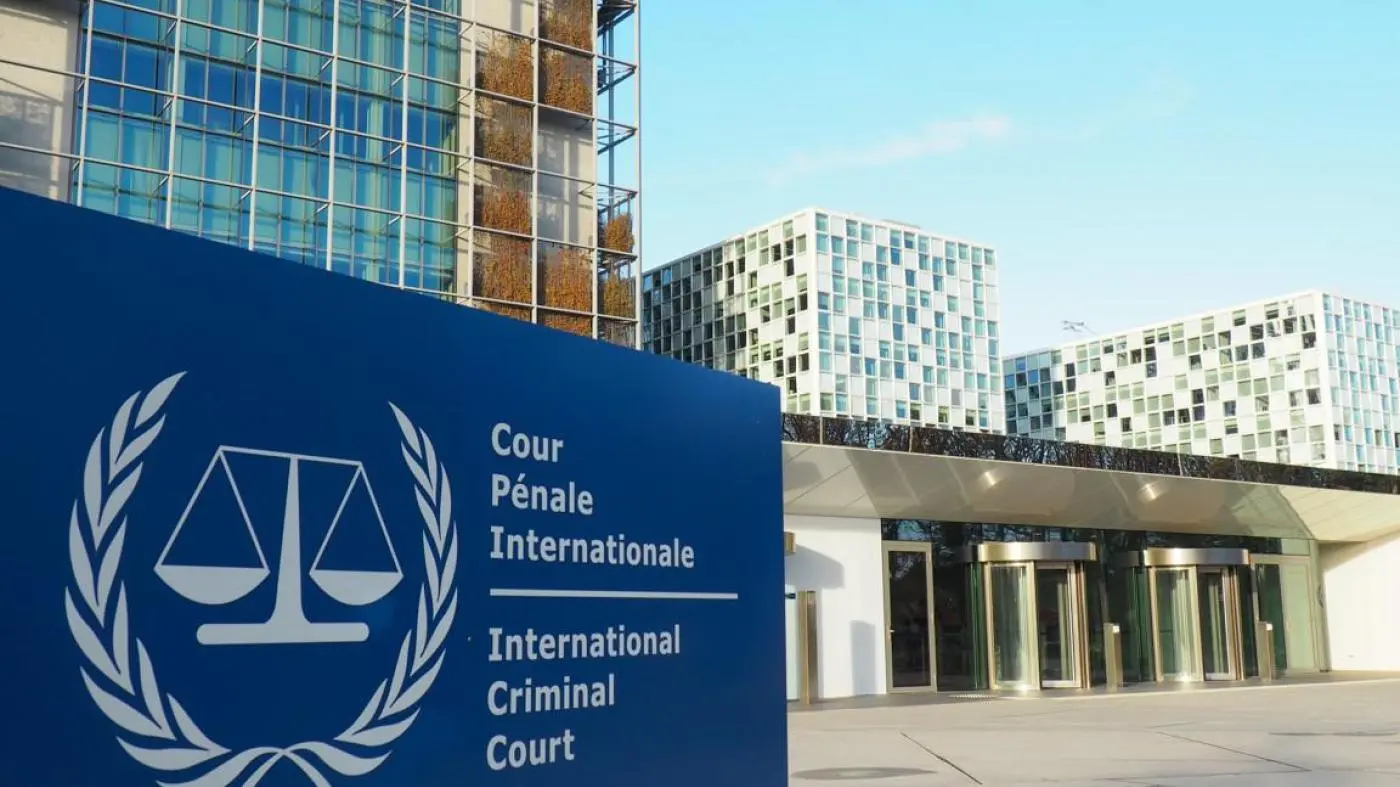Building on Momentum: Key Takeaways from the Launch Workshop of the Report “The Congolese Justice System and Crimes Against the Peace and Security of Mankind: Progress, Challenges, and Prospects.”
17-04-2025
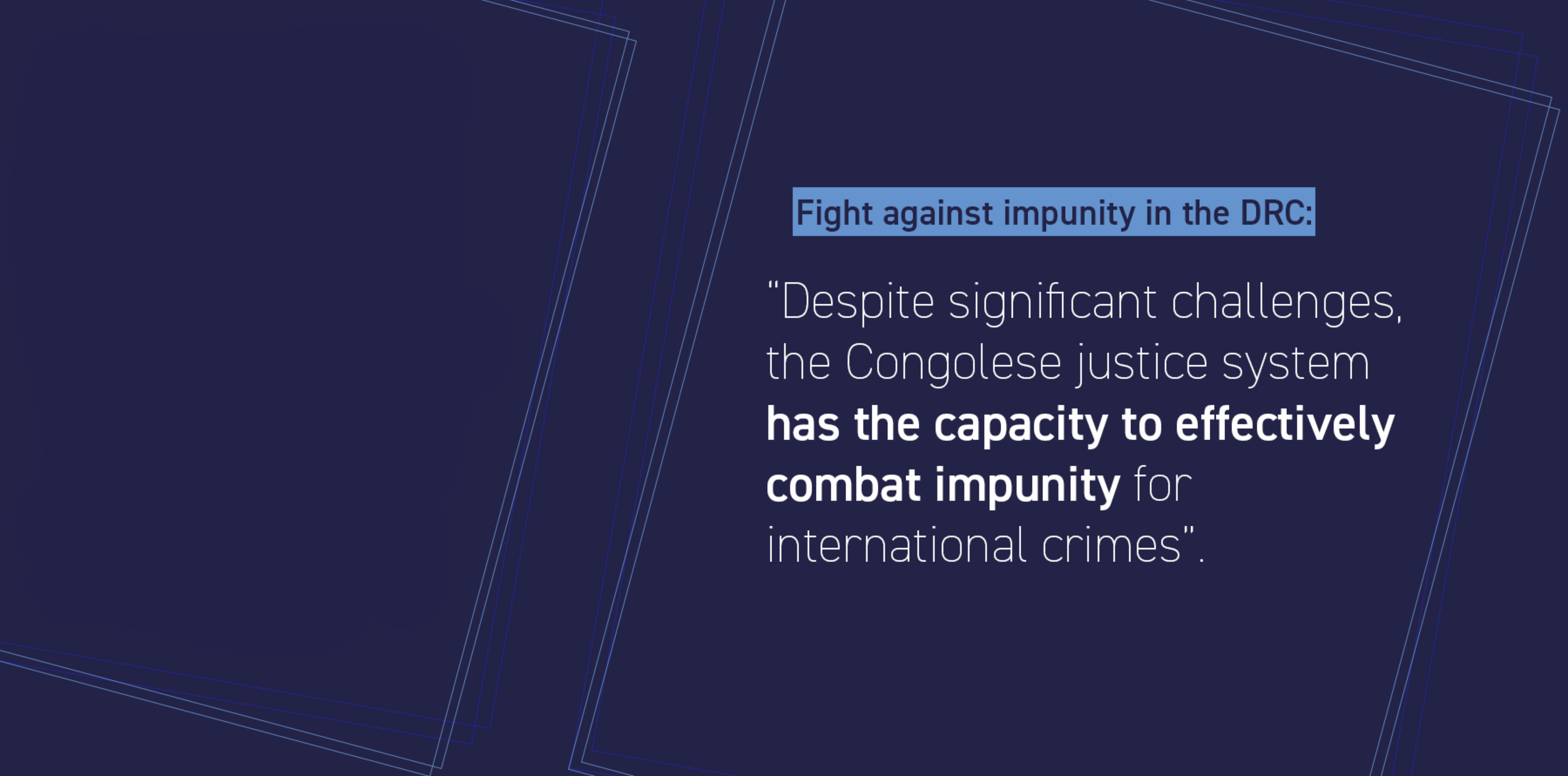

Geneva, Switzerland and The Hague, The Netherlands, April 17, 2025 — Last week, UpRights’ report “The Congolese Justice System and Crimes Against the Peace and Security of Mankind: Progress, Challenges, and Prospects,” was launched during a high-level workshop co-chaired by TRIAL International and the Congolese Conseil Supérieur de la Magistrature providing a forum to discuss the report’s findings and deepen dialogue on the future of justice in the DRC.
A Convergence of Diverse Voices
The workshop brought together a diverse array of stakeholders engaged in the justice sector and fight against impunity in the DRC. Representatives from the country’s military and civilian courts, including magistrates specializing in international crimes, engaged with key officials from the Ministries of Justice, Defense and Human Rights, and other national authorities. The event also welcomed participation from international partners such as the United Nations, diplomatic missions, and the International Criminal Court, along with national and international civil society actors. This broad participation underscored a common understanding: the fight against impunity for international crimes in the DRC can only be achieved through collective reflection and reinforced coordination between judicial authorities, governmental actors, civil society, technical and financial partners.
Presenting the Study’s Findings
At the heart of the workshop was the presentation of UpRights report’s conclusions and recommendations—a collaborative effort led jointly by UpRights and TRIAL International. As underscored by the report, despite recorded obstacles and systemic challenges, the Congolese justice system has, since 2004, built a rare body of jurisprudence with over 130 judgments on international crimes. By convening stakeholders from across the justice ecosystem, the workshop sought to raise awareness among participants about the strengths and shortcomings of the Congolese accountability model, promote collective reflection on the necessary steps to strengthen the judiciary’s capacities, but also to provide an open forum to explore opportunities for reinforcing the fight against impunity.
Exploring Institutional Solutions
Following an opening ceremony with contributions from the President of the Constitutional Court, the President of the High Council of the Judiciary and the Ambassador of the European Union to the DRC, UpRights provided an in-depth presentation of the study and provided participants with answers to the questions that arose during the presentation. This was followed by collaborative group sessions where participants delved into institutional solutions designed to enhance the fight against impunity. Discussions explored a range of proposals—from establishing a special criminal court and forming mixed or specialized judicial chambers to bolstering international support mechanisms integrated within the national system.
Participants presented a lively analysis of potential models. One argued that only a dedicated special criminal court could effectively counter political and military interference, while others advocated for specialized mixed chambers, combining civilian and military magistrates, as a more nuanced and cost-effective solution. A prevailing opinion emerged in favor of creating an integrated mechanism within the national judicial framework—one that would harness existing capacities, ensure national ownership, and minimize the costs and delays associated with building a new jurisdiction. The inclusion of international judges within prosecution services and chambers was also seen as a factor in enhancing both independence and credibility, particularly in a context frequently exposed to political pressures. In addition, participants stressed the necessity of rigorous selection, training, and ongoing capacity building for national magistrates to secure impartiality and professionalism.
Rethinking the Special Criminal Court
The workshop also addressed the challenges associated with establishing a Special Criminal Court. Although this model is recognized for potentially elevating credibility and addressing high-profile cases, participants expressed concerns about its high cost, the time required to operationalize such a court, and the risk of diminishing national ownership. Many were wary that a separate international tribunal might recreate frustrations experienced with existing international mechanisms that are often perceived as too remote or slow to respond to local realities. The temporary nature of such a mechanism was seen as a significant drawback when it comes to generating enduring reform in the Congolese justice system.
A Pragmatic, Locally Grounded Approach
Throughout the workshop, a pragmatic approach emerged as a unifying theme. Rather than attempting to import predefined models, stakeholders emphasized the importance of a nuanced, context-specific analysis to identify the most effective solutions. Drawing on lessons learned from prior initiatives—particularly issues around sovereignty, ownership, and inter-institutional coordination—the participants proposed a “symbiosis” between diverse mechanisms. One promising idea involved linking specialized mixed chambers with a dedicated international support system capable of providing technical, financial, and logistical assistance as well as strategic guidance.
Coordinated Action for Lasting Impact
A recurring theme was that coordination is paramount. The success of any judicial reform hinges on robust collaboration among all players—judicial authorities, parliament, government, and civil society, in addition to technical and financial partners. Establishing a framework for continuous dialogue and consultation will be essential to align interests, harmonize visions, and ensure that the future mechanism enjoys broad and sustained ownership. This approach must also incorporate the expertise of military justice, whose experience in prosecuting international crimes is invaluable in this challenging context.
Looking Ahead
The workshop served not only as a launchpad for critical insights but also as a catalyst for ongoing reform efforts. By fostering an environment where diverse voices could converge on actionable ideas, the event laid the groundwork for translating research-based recommendations into concrete reforms. As UpRights and TRIAL International continue their collaboration with Congolese institutions and civil society, the outcomes of this workshop will hopefully illuminate the path toward a justice system that is as resilient and credible as it is effective.
Read UpRights’ report that was launched at the workshop and served as basis for the dialogue—
• Executive Summary in English
• Executive Summary in French
• Full Report in French
Let’s meet.
UpRights is based in The Hague, Netherlands
Info@uprights.org
Phone: +31 707013213



